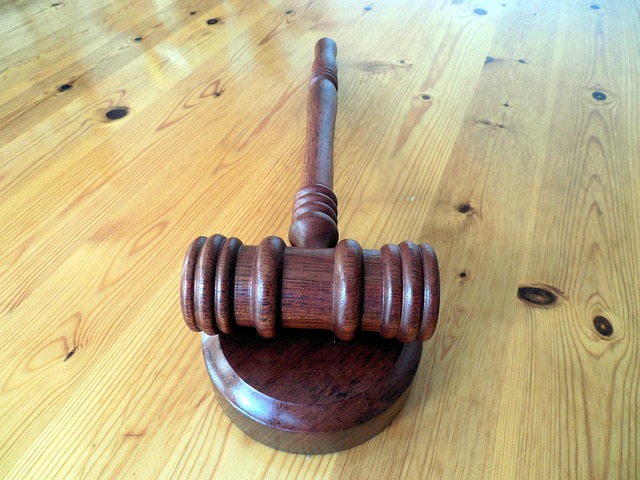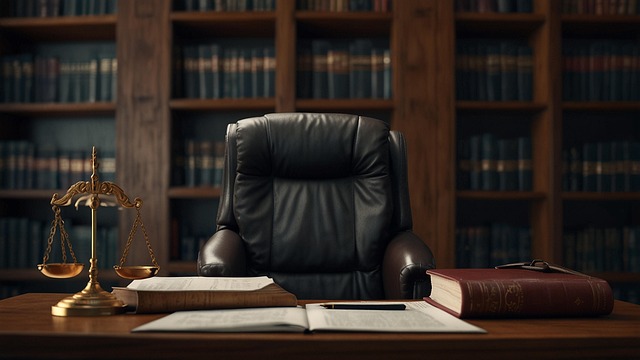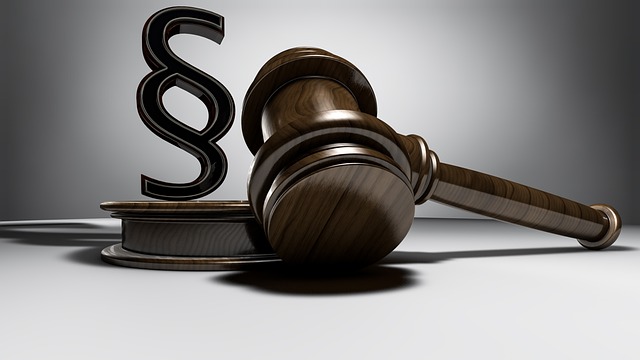Environmental crime trials pose significant legal challenges with strict liability and civil penalties. Jury trials require thorough documentation and strategic legal defense, focusing on compliance, record-keeping, and experienced representation to mitigate damage. Effective evidence collection, strategic cross-examination, expert witness testimony, and understanding best self-defense tactics are key to challenging prosecution claims. International collaboration and agreements strengthen global efforts to combat ecological crimes, with jury trials holding perpetrators accountable. Best self-defense tactics involve strategic knowledge, meticulous analysis, procedural errors identification, and compelling argumentation for favorable outcomes.
“Environmental Crime Trials: Unveiling Ecological Offenses through Legal Scrutiny
This comprehensive guide delves into the intricate world of environmental crime prosecutions, exploring legal frameworks that combat ecological destruction. From evidence collection methodologies to expert witness roles, we uncover best practices ensuring justice. International collaboration plays a pivotal role in tackling global environmental crimes. Furthermore, this article provides an insightful look at self-defense strategies for those accused, highlighting the best self-defense tactics in criminal cases related to these complex offenses.”
- Understanding Environmental Crime Trials: Legal Frameworks
- Evidence Collection: Best Practices for Criminal Cases
- Expert Testimonies: Uncovering Truth Through Science
- International Cooperation: Tackling Global Environmental Crimes
- Defending Against Accusations: Self-Defense Strategies
Understanding Environmental Crime Trials: Legal Frameworks

Environmental crime trials are a complex legal landscape where understanding the respective business of environmental laws and their enforcement is key. These trials often revolve around issues like pollution, habitat destruction, and illegal logging—crimes that can have devastating impacts on ecosystems and communities. The legal frameworks surrounding these cases are intricate, designed to protect the environment and hold perpetrators accountable. Key elements include strict liability rules, meaning businesses can be held responsible even without proof of malice or intent, and civil penalties that can lead to substantial financial wins for winning challenging defense verdicts.
In many jurisdictions, jury trials play a pivotal role in environmental crime cases, as they ensure a fair and transparent process. The best self-defense tactics for businesses faced with such charges involve thorough documentation of compliance efforts, maintaining detailed records of operations, and engaging legal teams well-versed in environmental law. By presenting a strong defense based on these records and expertise, respective business can navigate the complexities and fight for positive outcomes, aiming to mitigate damage and protect their reputation in the face of these serious allegations.
Evidence Collection: Best Practices for Criminal Cases
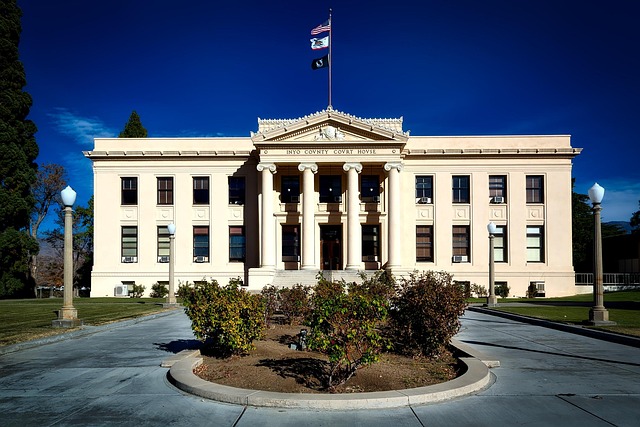
In environmental crime trials, evidence collection is a critical component that can make or break a case. Best practices involve employing scientifically sound methods to gather and preserve physical evidence, as well as meticulously documenting each step of the process. This includes chain-of-custody procedures to ensure the integrity of samples, photographs, and other tangible proof, which are crucial for presenting a compelling case in court.
For high-stakes cases, understanding the best self-defense tactics in criminal cases is paramount. Legal teams must be adept at challenging the prosecution’s evidence, often navigating complex scientific issues and regulatory frameworks. By employing strategic cross-examination techniques, thorough investigation, and expert witness testimony, defense attorneys can expose inconsistencies, protect their clients from indictment, and even win challenging defense verdicts.
Expert Testimonies: Uncovering Truth Through Science
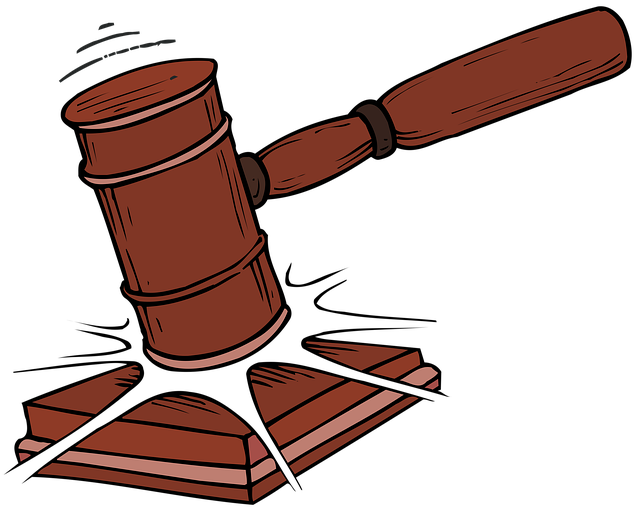
Expert testimonies play a pivotal role in Environmental Crime Trials, offering insights that help uncover truths hidden within complex ecological data. In these cases, scientists and specialists serve as guardians of environmental integrity, employing advanced methodologies to interpret evidence related to pollution levels, habitat destruction, and climate change impacts. Their scientific expertise is the best self-defense tactic for criminal cases, fortifying arguments and ensuring justice is served.
These professionals navigate the intricate landscape of data collection, analysis, and interpretation, translating complex findings into comprehensible narratives that can be understood by judges and juries. By presenting solid scientific backing, they enhance the strength of general criminal defense strategies throughout all stages of the investigative and enforcement process. Through their meticulous work, winning challenging defense verdicts becomes more attainable, demonstrating the power of evidence-based advocacy in the pursuit of environmental justice.
International Cooperation: Tackling Global Environmental Crimes

Environmental crimes, given their global reach and impact, demand a coordinated international response. In recent years, there has been an unprecedented track record of collaboration among nations to tackle these heinous acts. This cooperation is pivotal in addressing the complex nature of environmental crime, which often transcends borders. By sharing intelligence, resources, and expertise, countries are enhancing their self-defense tactics in criminal cases involving ecological sabotage.
The involvement of the philanthropic and political communities has been instrumental in this effort. International agreements and initiatives have established frameworks for effective prosecution and prevention. As a result, jury trials now play a more significant role in holding perpetrators accountable, ensuring justice is served, and sending a strong message that environmental crimes will not be tolerated on a global scale.
Defending Against Accusations: Self-Defense Strategies

When facing environmental crime accusations, individuals and organizations must be prepared to defend themselves against what can be complex and far-reaching allegations. A key aspect of this defense is employing best self-defense tactics in criminal cases, ensuring a robust strategy that challenges the prosecution’s case. The goal is not merely to avoid punishment but to achieve winning challenging defense verdicts that set precedents across the country.
Strategizing for such trials involves a deep understanding of environmental laws and regulations while also leveraging an unprecedented track record of successful defenses. Legal teams should sift through evidence, identify procedural errors, and present compelling arguments that highlight the strength of their client’s position. This proactive approach, combined with meticulous preparation, can lead to favorable outcomes, even in cases perceived as overwhelming for the defense.
Environmental Crime Trials stand as a powerful tool in combating global ecological degradation. By understanding the legal frameworks, adopting best practices for evidence collection and leveraging expert testimonies, prosecutors can unravel complex environmental crimes. International cooperation plays an indispensable role in tackling transboundary pollution and illegal trafficking. Moreover, defendants have the right to robust self-defense strategies in these cases, ensuring a fair and balanced justice system. Armed with knowledge and collaboration, we can navigate this intricate landscape, upholding both environmental integrity and legal principles. To stay ahead, individuals involved must stay informed about evolving legal trends, particularly the Best Self-Defense Tactics in Criminal Cases, to ensure effective navigation of these complex proceedings.
